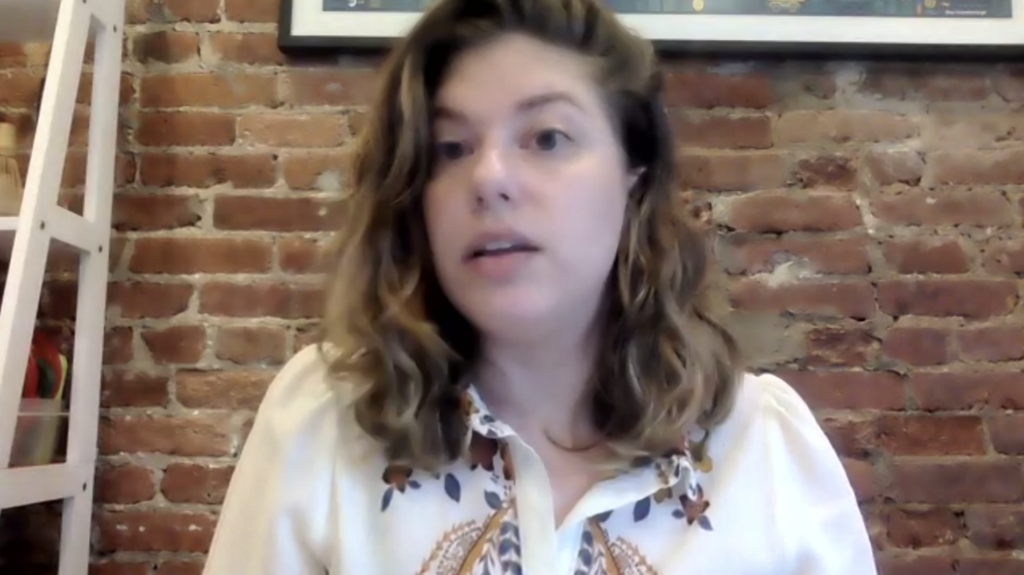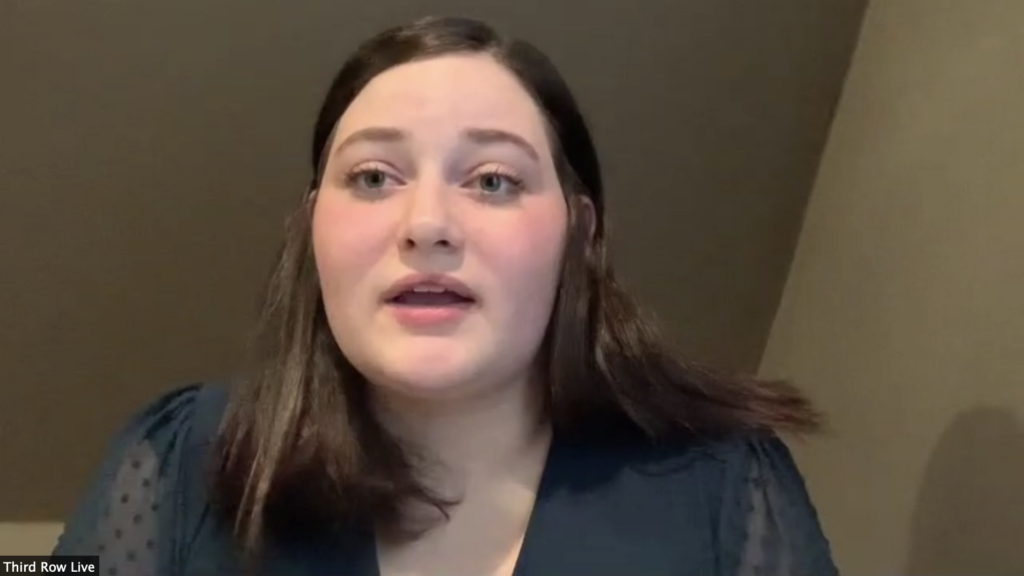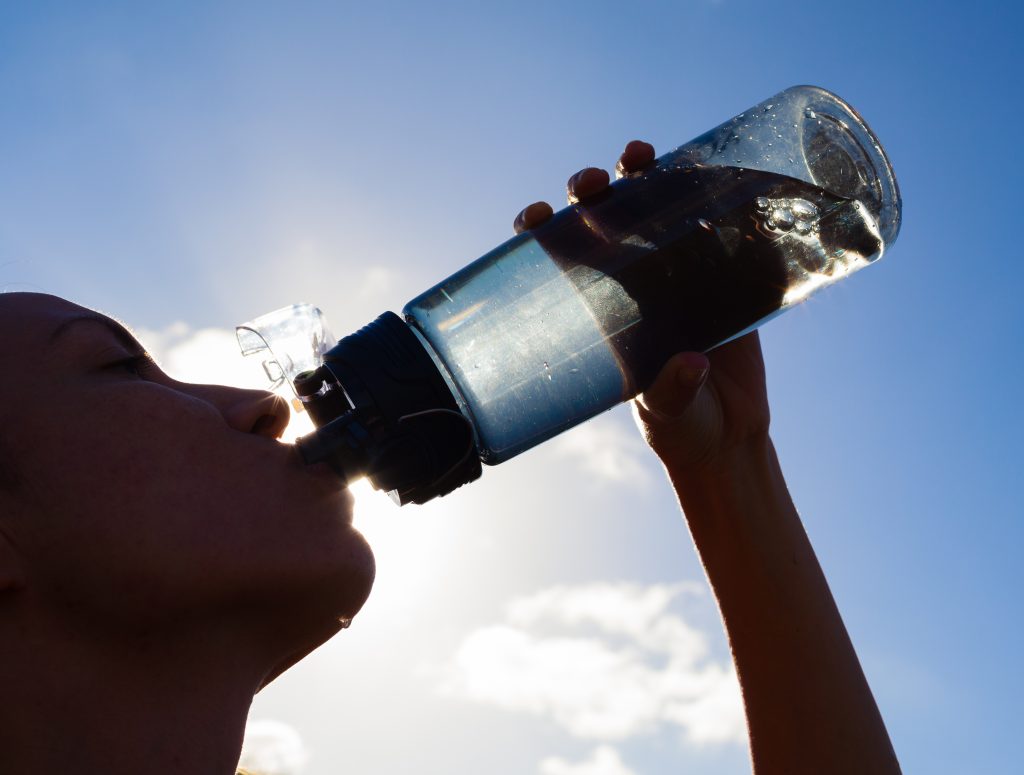Alongside Senator Ed Markey, Representative Lauren Underwood, healthcare experts, and leading reproductive justice organizations, we co-hosted a congressional briefing about Black maternal health and the climate crisis on May 26th. The virtual briefing uplifted the Protecting Moms and Babies Against Climate Change Act (H.R. 957), a bill championed by Senator Markey and Representative Underwood to address climate change-related risks to pregnant and postpartum people and their infants.
The event highlighted the adverse effects the climate crisis has on maternal health outcomes, particularly for women of color. Our ABB Community Advocate Tesia Buckles and Director of our D.C. Office & Senior Policy Counsel Sarah Brafman joined the Senator and Congresswoman as well as experts Dr. Rupa Basu from the EPA Office of Environmental Health Hazard Assessment, Nolene Jeffers from the National Association to Advance Black Birth, Kineta Sealey from the Black Women’s Health Imperative, and Dr. Camille Clare from the American College of Obstetricians and Gynecologists.
Air pollution and heat exposure related to climate change have been shown by studies to be associated with negative maternal and infant health outcomes, particularly for mothers of color. As Kineta Sealey of Black Women’s Health Imperative noted, Black women are more likely than white women to die during childbirth and experience higher rates of preterm birth than white women. Exposure to heat stress has been shown to exacerbate these adverse outcomes, and communities of color are more likely to reside in urban areas (known as heat islands) where infrastructural neglect, redlining, and lack of access to resources and healthcare worsen the effects of intense heat.

A Better Balance’s Senior Policy Counsel Sarah Brafman discussed the harmful effect of heat exposure on the job for pregnant workers in particular. “When we consider social determinants of health, we must consider and address how the climate crisis contributes to barriers in the workplace for pregnant workers,” said Brafman. “We know this issue is disproportionately affecting low-wage workers, often disproportionately women of color, and it’s why we need comprehensive legislation that considers the issue from all angles and all aspects of life, including the workplace.”
The Pregnant Workers Fairness Act, in addition to the Protecting Moms and Babies Against Climate Change Act, would also prevent negative maternal health outcomes by ensuring that workers are guaranteed access to accommodations such as water bottles, breaks, and temporary transfer from certain positions to protect the health of their pregnancy without risking their job security.

ABB Community Advocate Tesia, a retail worker from Missouri, shared her story in highlighting the importance of the PWFA. Tesia asked to keep a water bottle behind the counter during her shift to avoid dehydration and requested a temporary transfer, as she worked in the hottest area of the store. These accommodations were denied, and Tesia was forced to quit her job to protect the health of her pregnancy. “I wasn’t able to save money like I had planned, because as we all know, babies are really expensive, with the diapers and formula and many things they need, it adds up over time,” she said. “Having such simple accommodations denied, and your plans to just flip on you, it takes a toll on you and adds to the very many stresses of pregnancy you already have.”
As Brafman noted, our free confidential legal helpline has received calls from numerous workers like Tesia who work in high-heat workplaces, be it warehouses or in outdoor settings, and are not guaranteed accommodations to protect their health on the job. The health of working families and future generations depends on Congress passing laws like the PWFA and the Protecting Moms and Babies Against Climate Change Act to ensure that all mothers can remain safe and healthy before, during, and after childbirth.
We thank Senator Markey and Representative Underwood and our partners Alliance of Nurses for Healthy Environments, Black Women’s Health Imperative, the Center for American Progress, Florida Clinicians for Climate Action, Human Rights Watch, Moms Clean Air Force, National Association of Nurse Practitioners in Women’s Health and the National Birth Equity Collaborative for partnering on this event and will continue to work together to center the effects of the climate crisis on maternal health.





